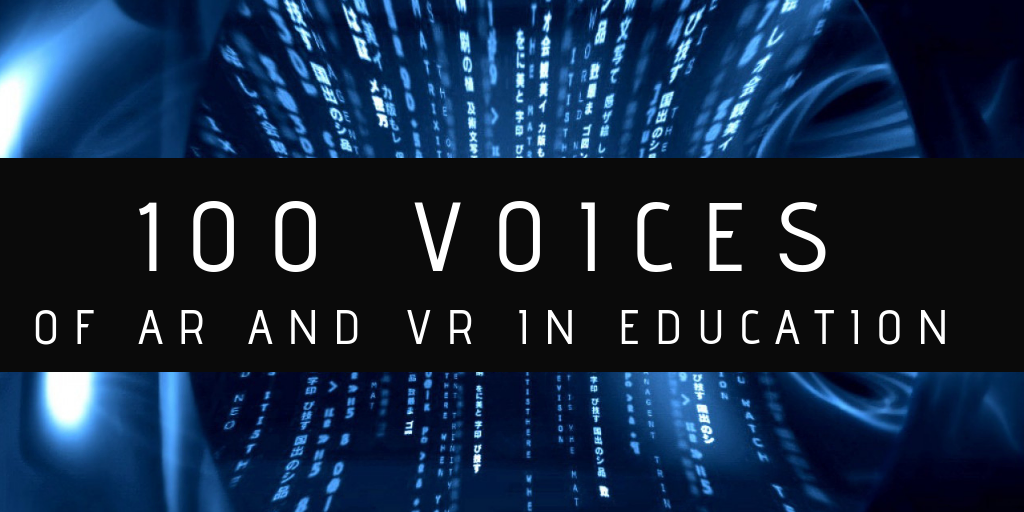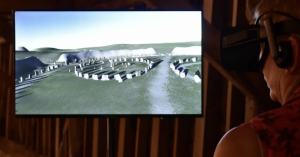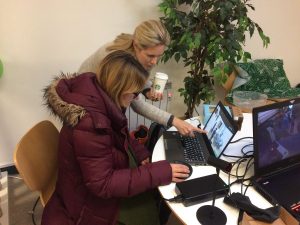
Here are just four of the 100 voices contributions:
My Higher Education colleagues are researchers and educators. Some are gamers. With the exception of those in relevant disciplines (Computer Science, Engineering, Arts) few of the others have worn a VR headset, much less thought how to use it in education. I think high impacts in VR will come from making it more accessible to new creators (students and staff). Don’t estimate the power of VR; not only can it transport you to a different time/place, it can skip milestones of lived experiences to alter how you see your future self. “It’s like I’m there” becomes “This is me, now”.
Dr Sarah Fielding
Professional Specialist in Learning Design – University of Southampton
Technology has the potential to change everything but equally has the potential to change nothing, when you don’t think about its use carefully. Augmented and Virtual Reality fall very squarely into this remit. Lots of opportunities for the use of AR and VR are hugely gimmicky, but equally there are some things you can do that are tremendous. AR and VR bring opportunities for learning and experiencing things in ways that simply wouldn’t be possible if it wasn’t for the technology. From painting in virtual reality, honing your artistic skills in 3 dimensions using amazing tools such as Google’s ‘Tilt Brush’ to piloting huge ships practicing this in simulated environments, AR and VR can be fantastic. Remember, using technology as a gimmick devalues you as a teacher, devalues the technology and ultimately what you are doing in the classroom – keep the depth of challenge and focus on the learning.
Mark Anderson
ICT Evangelist
I value VR as an educational tool because it can bring different environments to a traditional lecture theatre/classroom, and thus enable students to practice skills in a safe way and without fear of making mistakes. Bournemouth University Nursing students have reported that learning with VR simulation helps them to visualise and understand diabetic concepts. They can also revisit the activities multiple times when they get home, and have said the activities will be useful for exam revision. The students also reported improved engagement and enjoyment of their learning, when using VR simulation. VR is great for experiential learning.
Heidi Singleton
PhD Student – Bournemouth University
I have seen Virtual Reality give students opportunities to share experiences they would otherwise never have had. We have wandered through the Great Pyramid at Giza, reconstructed a 4000 year old stone circle, explored a prehistoric World Heritage site as it might have looked when it was young and worked, laughed, danced and celebrated together. Virtual worlds, on screen and on 3D headsets, are places that facilitate shared experiences and unlock imagination in powerful ways amongst students around the world. I’m hooked!
Professor Liz Falconer
Academic Learning Designer – Bournemouth University

Here is the entire project with all of the 100 voices!
https://www.virtualiteach.com/single-post/2018/11/28/100-Voices-of-ARVR-in-Education









